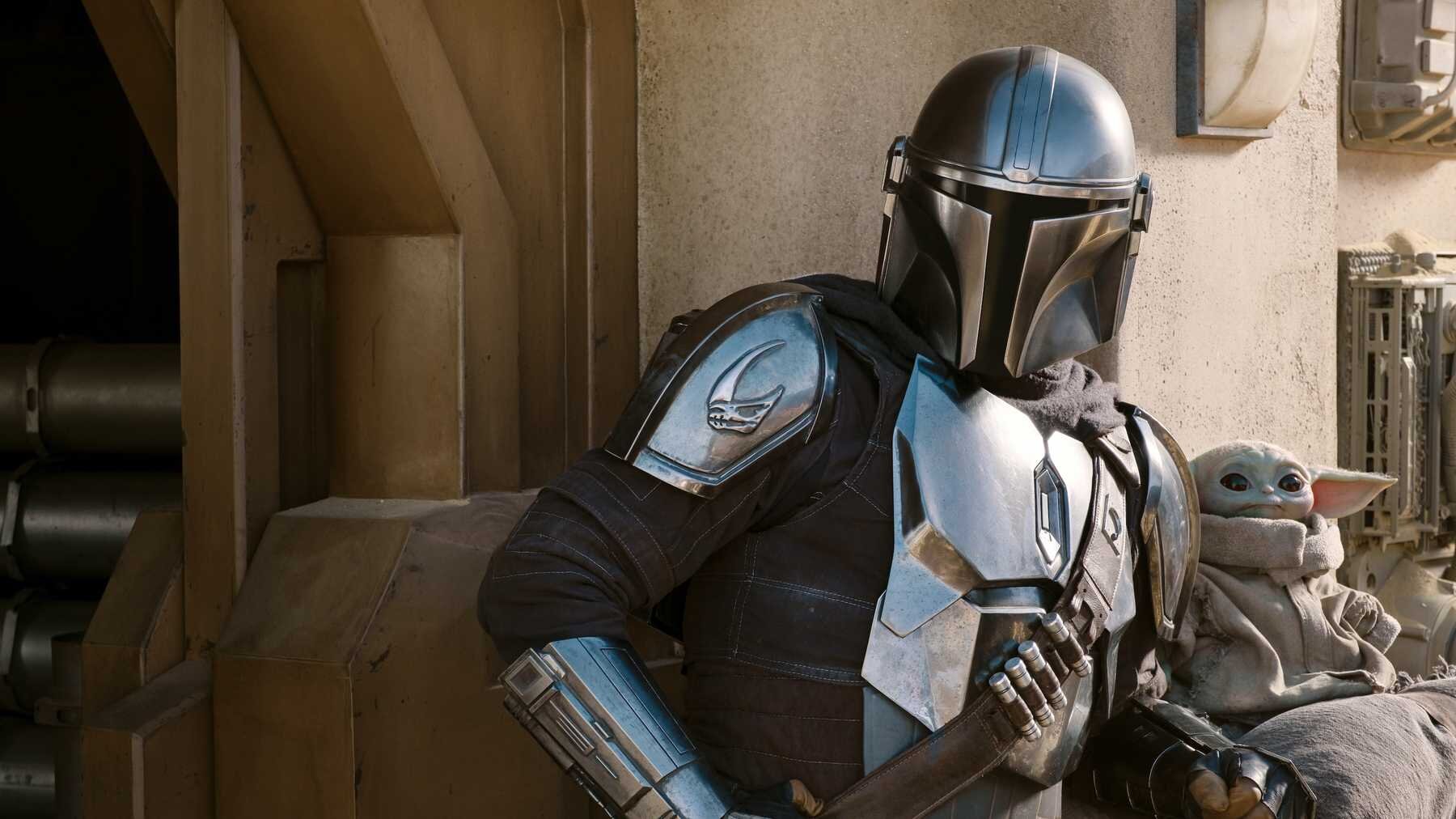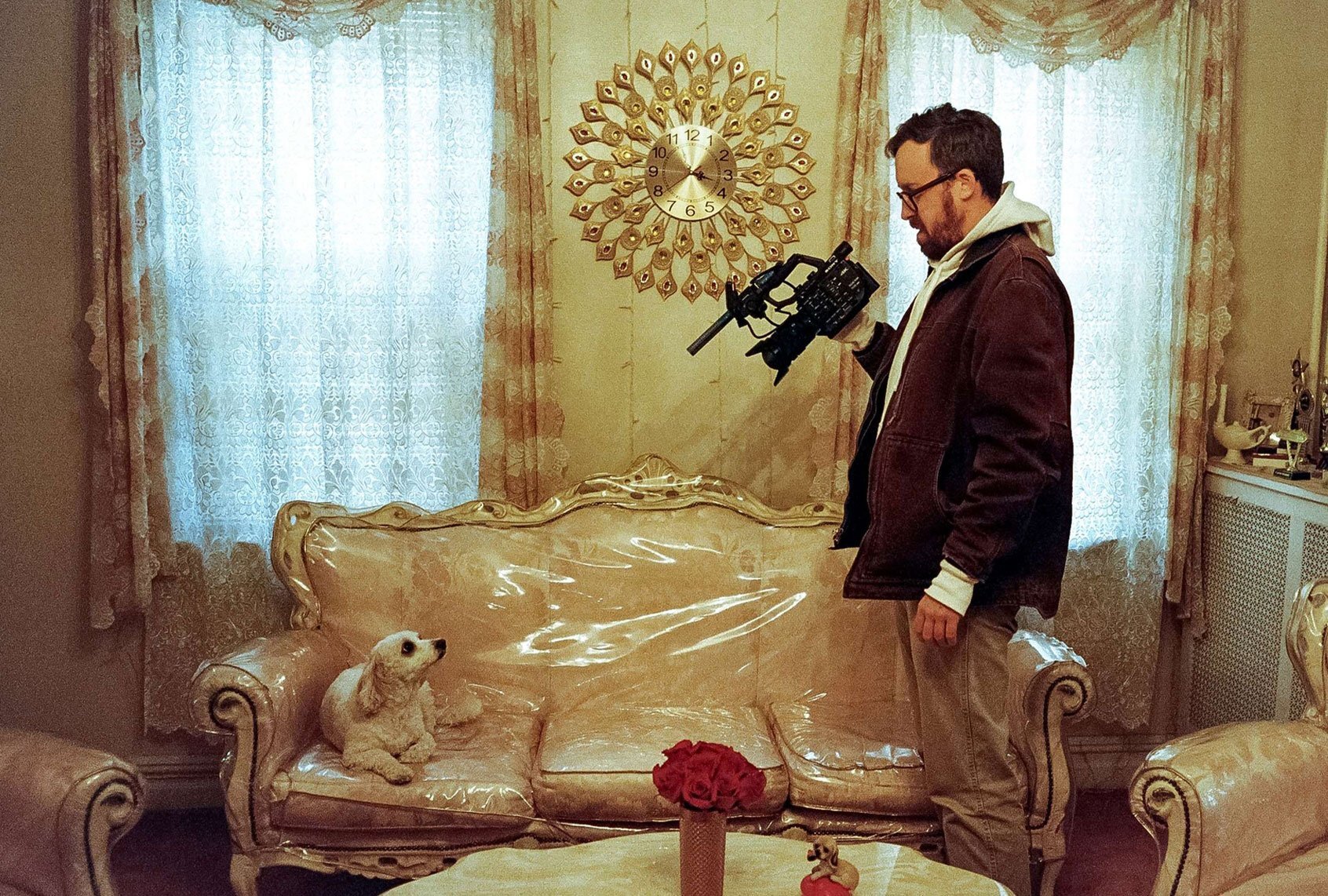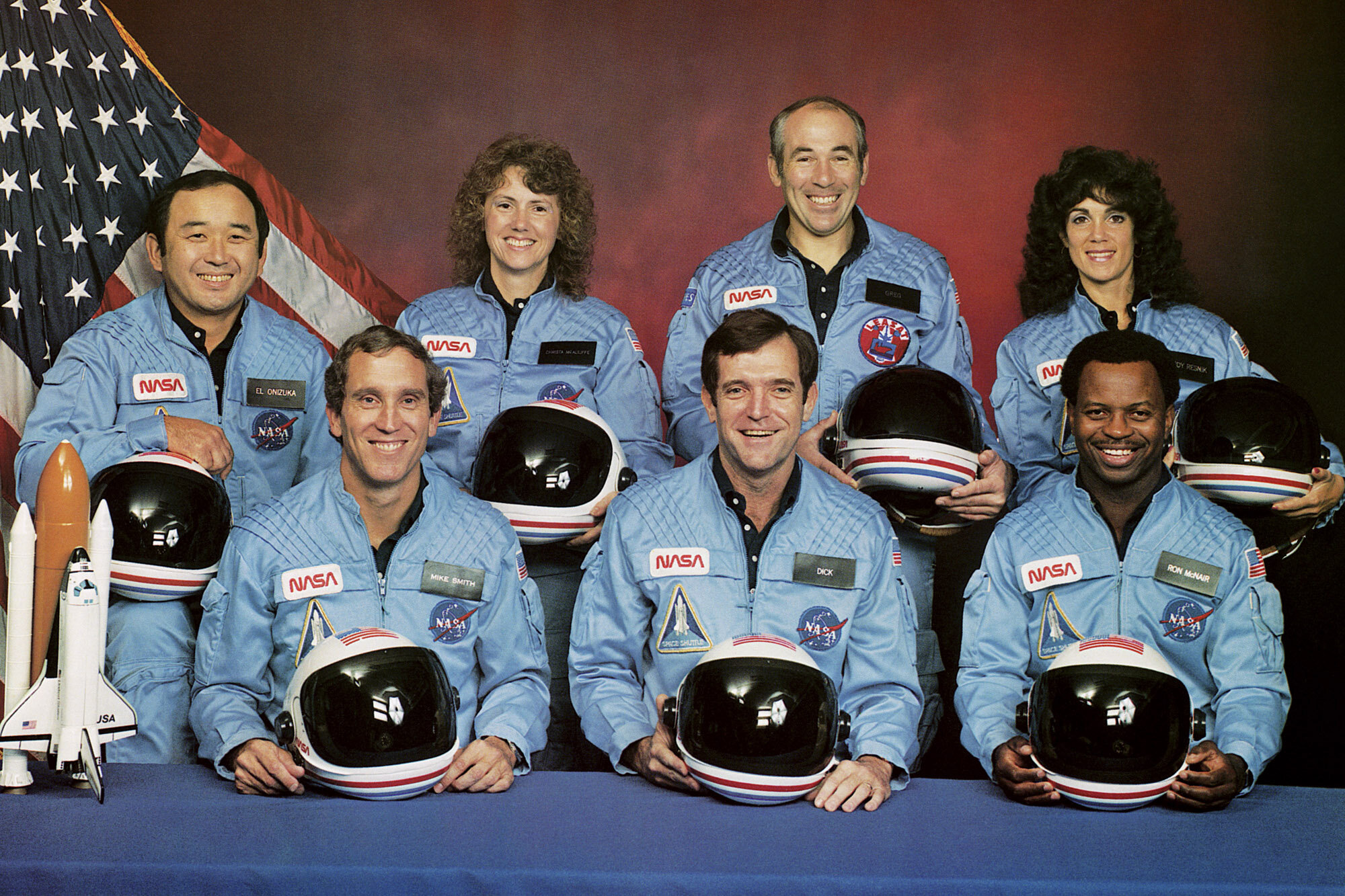Top 10 TV Shows of 2020
1. Better Call Saul (AMC) season 5
There is only one more season until the end of Better Call Saul, but we don’t need to wait until the show is over to declare that this prequel series is every bit as good as Breaking Bad. It’s a very different show in many respects, favouring courtrooms over chemistry labs, rhetorical battles over gun battles, but it shares the same patient pacing, strong classical filmmaking, and exceptional character writing as its predecessor. Furthermore, this latest season of Better Call Saul has generated a level of tension that I thought impossible for a prequel. It does so by focusing on the three characters we never see in Breaking Bad: Rhea Seehorn’s Kim Wexler, Michael Mando’s Nacho Varga, and Tony Dalton’s Lalo Salamanca. Even if the central arc of the series is the moral degradation of Jimmy McGill (Bob Odenkirk) and his transformation into the criminal lawyer Saul Goodman that we meet in Breaking Bad, the series has created complex character motivations for these other individuals and constantly emphasized their uncertain fates. Thus, every dramatic confrontation involving one of them threatens their death and tragic removal from the story, as if the Sword of Damocles is hanging over their heads just out of frame. The result is honest to goodness dramatic tension that makes every quiet conversation or suspenseful moment seem ready to explode.
2. The Mandalorian (Disney+) season 2
Balancing callbacks to the wider Star Wars universe with fresh developments and new monsters and worlds, the second season of The Mandalorian seems to effortlessly accomplish what the Sequel Trilogy often laboured to do: to be familiar, but new. Much of this is due to The Mandalorian’s reliance on the genres and classical films that informed the Original Trilogy, instead of simply mining the Original Trilogy itself. In certain episodes, such as the breezy and entertaining season premiere “The Marshal,” guest starring Timothy Olyphant of Justified fame, the show operates fundamentally as a western, with dusty frontier towns, ornery gunslingers, leery natives, and wild animals to contend with. In other episodes, such as “The Jedi,” which introduces Rosario Dawson’s Ahsoka Tano, it draws on the tropes of the samurai films of Akira Kurasawa. And in the stunning finale, it gives you Star Wars as you’ve always dreamed of, with a favourite character from the Original Trilogy surprisingly arriving and drawing the various plot threads to resolution while giving us a display we had been waiting 30 years to see. Jon Favreau and Dave Filoni understand Star Wars in a way that makes me hopeful for the future of the Disney incarnations of the series. That alone proves how special The Mandalorian is.
3. BoJack Horseman (Netflix) season 6.5
It feels like years since this beloved animated dramatic comedy ended, but the final episodes of BoJack Horseman did come in the first month of the dread year 2020. Like so much of what came before, the finale combined goofy puns and visual gags with thoughtful contemplations on mental illness, guilt, and forgiveness. The second-last episode, “The View from Halfway Down,” is another of the show’s all-timers, following BoJack (Will Arnett) as he has a near death experience and hallucination where he’s forced to attend a dinner party with all the people he’s lost and failed over the years. It combines surreal animation and hard-hitting emotional bluntness in a way that’s indicative of the series’ best episodes. The resolution of the series is surprisingly hopeful, but not unrealistic, showing that change is possible, but the emotional growth of a person is a laboured process of a million little steps.
4. Narcos: Mexico (Netflix) season 2
The latest season in Netflix’s wildly popular crime drama series is a surprising place to find a damning statement on American drug policy, but that’s just what makes this series so special. In telling the story of Miguel Ángel Félix Gallardo (Diego Luna), the leader of the Guadalajara Cartel and the founder of the Mexican Drug Trade in the 1980s, the show is an exciting crime narrative with rivalries, confrontations, and shootouts in exotic parts of Mexico. But it’s also a show that revels in its exposition, using the narration from Scoot McNairy’s DEA Agent, Walt Breslin, and archival footage from the time period to paint a portrait of systemic corruption and American imperial influence in Latin America. The approach makes the series worthy of Martin Scorsese and the other masters of the gangster genre, depicting the exciting world of crime at the same time it shows the moral rot of the culture that upholds it.
5. How To with John Wilson (HBO) season 1
This part-video diary, part-travelogue, part-awkward interview show ala Nathan Fielder (who serves as Executive Producer) and Sacha Baron Cohen was the great surprise of the year. Each episode follows a rough educational theme, such as “How to Improve Your Memory,” and assembles, from comedian and videographer John Wilson’s massive collection of New York City footage, an exploration of each episode’s theme. The result is not an actual lesson, but a dryly funny and surprisingly poetic vision of life in a modern city. Each episode takes wild tangents from its original premises, often with hilarious results, such as in “How To Cover Your Furniture” where John ends up chatting with an anti-circumcision activist trying to regenerate his own foreskin. Other times, the tangent is profound, such as in the finale when the events of the series start to dovetail with the beginning of the COVID-19 pandemic. Overall, How To with John Wilson was the funny and poignant mix that I didn’t know I needed.
6. What We Do in the Shadows (FX) season 2
The first season of What We Do in the Shadows was dryly amusing and about as good as the film from Taika Waititi and Jemaine Clement that it was spun off from. The second season improves on the first, with more outlandish scenes, drier laughs, and an all-timer comedic episode, “On the Run,” where Matt Berry’s Laszlo goes into hiding as a bar owner and volleyball enthusiast in a small town in Pennsylvania. Much of the joy of What We Do in the Shadows is in how it reinvigorates the tired “mockumentary” tropes of television comedy by having characters that are truly fantastic—they are vampires, after all. But more than anything, the show succeeds by being so casual about its plotting, its gags, and its entire comedic approach. It never forces anything, which means that it doesn’t have the pandering quality that is common to many mockumentaries, but also that it allows the dry humour to quietly build to surprising and absurd punchlines. It’s funny because it’s not trying to be.
7. The Last Dance (ESPN) season 1
It’s possible that The Last Dance would have been a better series if it hadn’t given Michael Jordan editorial control and had painted a more damning portrait of the greatest basketball player of all time. But the series would never be made had Michael Jordan not signed off on the release of the footage from the 1997-1998 Bulls’ season, so it’s a moot point. The series that we get, which looks back on the final season that Michael Jordan played with the Chicago Bulls and their run to a sixth Championship in six Finals appearances, was the television event of the spring (along with Tiger King on Netflix). It has exceptional 35mm footage that shows pivotal games during the Bulls dynasty, which are stunning in contrast to the grainy broadcast footage from the 1990s. It also compellingly charts the story of Michael Jordan’s rise to basketball fame and allows his supporting cast, including Scottie Pippen and Dennis Rodman, to have their moments in the spotlight. But it’s the way that it approaches Michael Jordan’s present commentary on his past success that makes the series so interesting. Essentially, it lets him tell the story and end up revealing more than he wishes to, creating an accidental portrait of his psychopathic need to be great and his bottomless well of competitiveness and pettiness.
8. Challenger: The Final Flight (Netflix) season 1
Challenger reminded me of Todd Douglas Miller’s Apollo 11 documentary from 2019, in that it succeeds mostly on the uncomplicated strength of its footage. Its four episodes tell the story of NASA’s doomed Space Shuttle Challenger, which exploded shortly after liftoff in 1986, killing all seven crew members on board. The show interviews family members and NASA professionals involved with the Challenger and focuses on different elements of the disaster in each episode. For instance, one episode focuses on Christa McAuliffe, the civilian teacher who was aboard the vessel, while another examines the technological shortcuts and bureaucratic oversights that led to the mechanical failure and explosion. The episodes are informative, inspirational, and above all, heartbreaking, especially in the opening and closing moments of the series, when it silently reflects on the shock and devastation on the faces of family members who had just witnessed the explosion. There is visual spectacle in the footage of space launches and mission tests, but it’s the footage of intimate despair on the faces of those affected that makes this series so memorable.
9. Star Trek: Lower Decks (CBS) season 1
I didn’t expect this to be the new Star Trek series to put on a Best of 2020 list, but after the mildly disappointing Picard, I approached Lower Decks with some trepidation. Thankfully, I was greatly surprised by its mix of colourful animation, funny gags, and affectionate riffs on Star Trek plot tropes and the universe as a whole. Lower Decks is written by people who understand the narrative mechanisms that make Star Trek episodes work and how to make fun of those mechanisms without reducing the spectacle of the universe or the utopianism at the root of the series. In many ways, it plays like Star Trek written by Rick and Morty scribes (see below), which makes sense as series creator Mike McMahan cut his teeth on Rick and Morty. If that description is appealing to you, you’ll have a lot of fun with its outlandish, low-stakes premise.
10. Rick and Morty (Adult Swim) season 4.5
I finally had to put Rick and Morty on a proper Best of TV list. I’ve always enjoyed the show, but the annoying fanbase and the ugly animation style has given me pause to celebrate the show in the past. However, it’s hard to deny the cleverness of the writing and encyclopaedic nature of its science-fiction jokes, especially after this latest half-season, which is as funny and original as the show has ever been. The appeal of the show is captured in the first episode, which is set on a “Story Train,” which literalizes a geographical space that incorporates all the elements of a sci-fi anthology episode, with the characters passing through physical spaces that follow the story rules of each type of genre or narrative. It’s an absurd, complicated, self-referential metanarrative that is far funnier and more seamless than you’d believe from the above description, which is the appeal of Rick and Morty in a nutshell.
Honourable Mentions:
Archer (FXX) season 11
Even after 11 seasons, Archer avoids becoming stale by finding new ways to humiliate its cast of characters and humble Sterling Archer (H. Jon Benjamin), who deals with physical infirmities and changing work conditions after waking up from a two-year coma.
High Score (Netflix) season 1
This geeky, but earnest documentary charts the rise of video games from the 1970s through the 1990s, starting with Space Invaders and Pac-Man and ending with Mortal Kombat and Doom. The documentary presentation is straightforward, but the bizarre anecdotes from game creators (such as the ingenious description of how Toru Iwatani came up with the idea for Pac-Man) and 8-bit animated sequences give it enough flavour to warrant viewing for any video game player.
The Outsider (HBO) season 1
The Outsider is a blend of supernatural drama and detective fiction based on a Stephen King novel, which means that is equal parts pulpy and self-serious, in ways both good and bad. The show is most effective as an argument for the metaphysical existence of evil. My own affection for it is largely born out of its similarity to a TV show I’m developing, proving that this manner of storytelling does attract viewers and create compelling story worlds on screen.
Westworld (HBO) season 3
Westworld is compelling and convoluted in its third season, which leaves the park behind to depict the real world and trace the conflict between Delores (Evan Rachel Wood) and a megalomaniacal tech overlord (Vincent Cassel). Not everything about the season works, but it does provide the most compelling depiction of the manipulative, programmatic, and, yes, dystopian nature of algorithmic learning, social media, and surveillance capitalism that I’ve seen in a Hollywood product.









